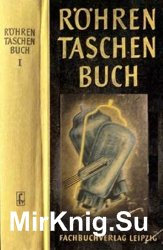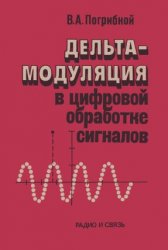- Добавил: umkaS
- Дата: 12-02-2023, 14:25
- Комментариев: 0
 Название: Узлы телевизионных приемников. Справочник
Название: Узлы телевизионных приемников. СправочникАвтор: Кузинец Л.М., Соколов В.С.
Издательство: Радио и связь
Год: 1987
Cтраниц: 192
Формат: pdf
Размер: 11 мб
Язык: русский
Даются назначение и принцип работы узлов наиболее массовых телевизоров, их технические характеристики и режимы применения, монтажные, габаритные чертежи и электрические схемы. Приводятся признаки характерных неисправностей телевизоров, возникающих из-за узлов, даются рекомендации по определению и устранению неисправностей , a также по восстановлению и взаимозаменяемости узлов. Для работников телевизионных ремонтных предприятий и подготовленных радиолюбителей.

 Название: Make Your Own PC Tricks and Tips - 13th Edition 2023
Название: Make Your Own PC Tricks and Tips - 13th Edition 2023

 Название: Power Electronic Converters and Induction Motor Drives
Название: Power Electronic Converters and Induction Motor Drives

 Название: Advanced Power Electronics Converters for Future Renewable Energy Systems
Название: Advanced Power Electronics Converters for Future Renewable Energy Systems
 Название: Brain-Computer Interface: Using Deep Learning Applications
Название: Brain-Computer Interface: Using Deep Learning Applications